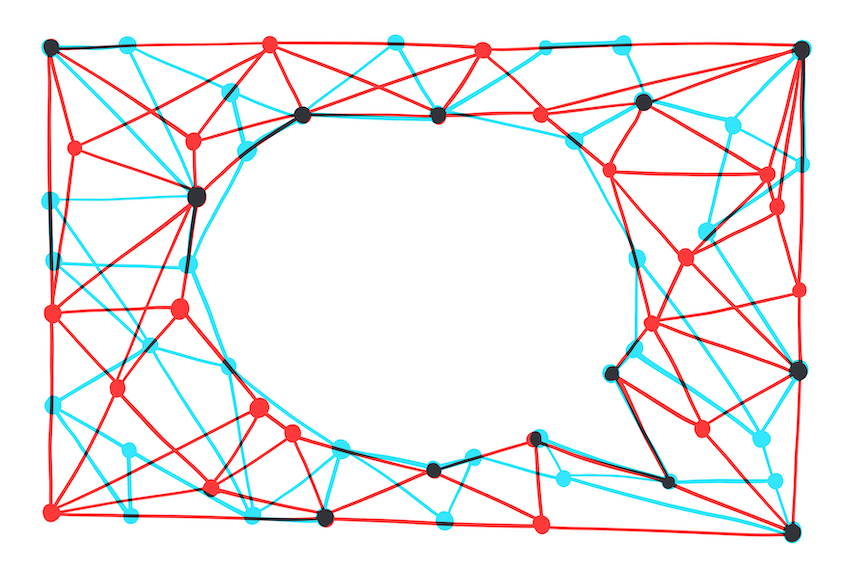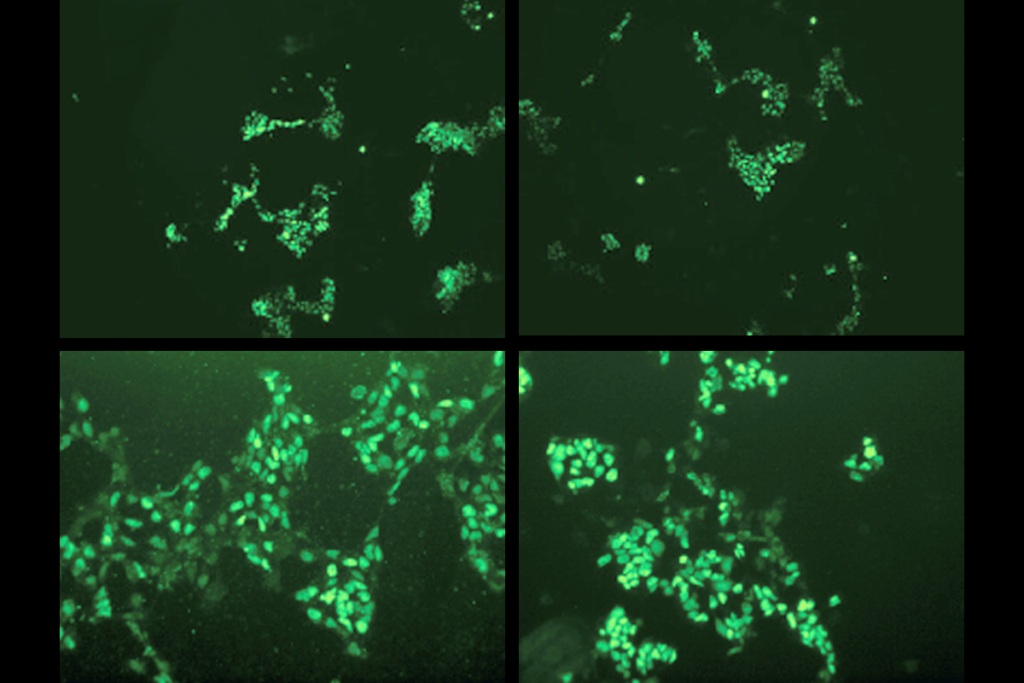Every so often, discussion of a controversial topic dominates our feed. For this week’s Community Newsletter, we focus on the discourse around an opinion piece Spectrum published last week: It’s time to embrace ‘profound autism’ by Alison Singer, president of Autism Science Foundation (ASF).
In the piece, Singer argues the need for a diagnosis of ‘profound autism’ to “distinguish people who have high dependency needs from the more verbally and intellectually able population of people with autism.”
Debate quickly took off in response to our tweet of the article and featured both agreement and constructive criticism. As Paul Whiteley, director of ESPA Research in the United Kingdom, put it, the piece was “an article doing exactly what it should: starting (continuing) debate / discussion.”
An article doing exactly what it should: starting (continuing) debate / discussion.
— Paul Whiteley (@PaulWhiteleyPhD) October 28, 2022
One highlight of the reactions includes a back and forth begun by Noah Sasson, professor of psychology at the University of Texas at Dallas, who disagreed with the use of the term, tweeting “Different autistic people have different needs . . . I’m unclear how introducing the label profound helps with this.” He also argued that there are already terms for different support needs and the label is not scientific or specific enough to be helpful.
Is the push grounded in a concern that some autism research is not representative of all autistic people? That’s certainly true. But I don’t think it claims to be. There is room for studying and addressing the different needs of different people. It’s not zero sum.
— Noah Sasson (@Noahsasson) October 28, 2022
Sasson wondered if the push for using the label is “grounded in a concern that some autism research is not representative of all autistic people.”
Of course there is room for studying and addressing the different needs of people. And it is definitely not zero sum. We can recognize the different needs of people without taking away from one group. The profound label is not calling for anything to be taken away or removed.
— Alycia Halladay (@AHalladayASF) October 28, 2022
Alycia Halladay, chief science officer of the ASF, suggested that “We can recognize the different needs of people without taking away from one group. The profound label is not calling for anything to be taken away or removed.”
Arguing in favor of the label, Zack Williams, an autistic medical and doctoral student at Vanderbilt University in Nashville, Tennessee, countered by saying, “It’s essentially defining a very stable/reliable developmental trajectory . . . with easy to operationalize criteria.” He went on to say that previous subgroups did not allow for diagnostic consistency, while the new label would.
The problem with previous subgroups within the autism spectrum was the lack of diagnostic consistency (i.e., reliability) between clinicians/sites, and limited prognostic value. I’d argue the new subgroup overcomes both of these. >>
— Zack Williams (@QuantPsychiatry) October 28, 2022
Williams continued to say that though there may be issues with the label’s empirical validity, “It’s better to propose something, study it, and refute (or revise) the criteria than rejecting it outright.”
And FWIW, though study inclusion criteria do subgroup people on many cases, setting forth standard criteria will probably make it so that research studies will be similar in how they define this particular subpopulation, making results easier to directly compare across studies.
— Zack Williams (@QuantPsychiatry) October 28, 2022
Cassie Stevens, a doctoral student and autism researcher, agreed with Williams that the label would be a start, adding that “I fear that this group will continue being underrepresented/misrepresented if this effort is not made.”
I agree there is big need for better and fairer representation, and less dehumanising research, but is a term the problem/the right effort? Starting with ‘imperfect’ but new, catchy keywords usually doesn’t end up well and is difficult to revise if needed, especially in society.
— Carmen R. (@diffusefield) October 28, 2022
Twitter user jen x tweeted in support of the term, adding “You can’t deprioritize the needs of this group in the research and then tell them that their initiative isn’t scientific when they try to define their needs.”
You can’t deprioritize the needs of this group in the research and then tell them that their initiative isn’t scientific when they try to define their needs. You leave them with no options. It’s manipulative.
— jen X (@dearkitty13) October 28, 2022
Singer’s point of view “should be give equal prominence in the current debate on how we portray, research and treat autism,” wrote Teodora Gliga, associate professor of psychology at the University of East Anglia.
An important point of view that should be give equal prominence in the current debate on how we portray, research and treat autism. https://t.co/Om2LdRo20C via @Spectrum
— Teea Gliga (@GligaTeea) November 3, 2022
Offering an alternative opinion was Sue Fletcher-Watson, professor of developmental psychology at the University of Edinburgh in Scotland. Fletcher-Watson says in a blog post that the “labelling creates a false and misleading dichotomy within autism, as well as taking us away from more precise terminology . . . ” Steve Silberman, author of “NeuroTribes,” called her op-ed an “incandescently brilliant and scathing response . . . stressing the necessity of listening to #autistic people.”
Incandescently brilliant and scathing response by #autism researcher @SueReviews to that @Spectrum piece on “profound autism,” stressing the necessity of listening to #autistic people. https://t.co/uD6OTXiYfa
— Steve Silberman (@stevesilberman) October 31, 2022
Representation and diversity is also an issue among the autism research workforce. “If you know underrepresented people interested in conducting #autism research spread the word!” tweeted Sarabeth Broder-Fingert, associate professor of pediatrics at the University of Massachusetts Chan Medical School in Worcester, who shared a ‘save the date’ to an upcoming conference that will address that issue.
We are so So SO excited to be hosting this conference funded by @NIMHgov in Washington DC in June! If you know underrepresented people interested in conducting #autism research spread the word! And, if you know anyone who might want to co-sponsor, please send them my way! pic.twitter.com/7i3JmBl94l
— Sarabeth Broder-Fingert MD, MPH (@sbroderfingert) October 18, 2022
That’s it for this week’s Community Newsletter! If you have any suggestions for interesting social posts you saw in the autism research sphere, feel free to send an email to [email protected].
Follow us on Facebook, Twitter (@Spectrum), Instagram and LinkedIn.
Subscribe to get the best of Spectrum straight to your inbox.






